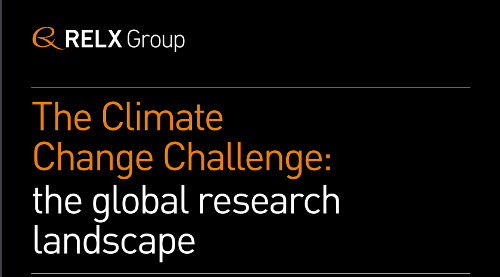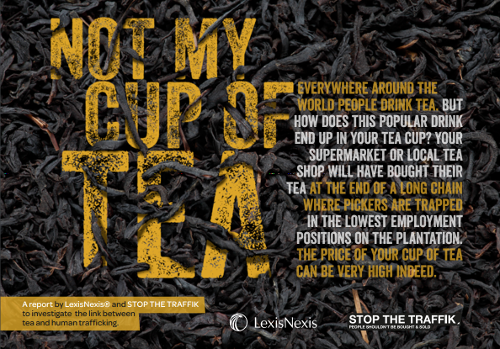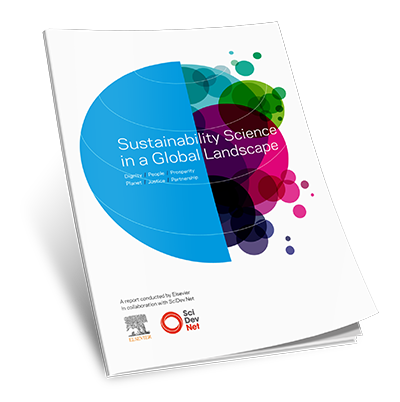This paper attempts to investigate the impact of economic growth and CO2 emissions on energy consumption for a global panel of 58 countries using dynamic panel data model estimated by means of the Generalized Method of Moments (GMM) for the period 1990-2012. We also estimate this relationship for three regional panels; namely, from Europe and North Asia, Latin America and Caribbean, and Sub-Saharan, North African and Middle Eastern. The empirical evidence indicates significant positive impact of CO2 emissions on energy consumption for four global panels.
Partner content
United Nations University, November 2015.
International Review of Research in Developmental Disabilities, Volume 48, 2015, Pages 1-9
International Review of Research in Developmental Disabilities, Volume 48, 2015, Pages 43-72




